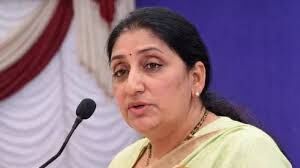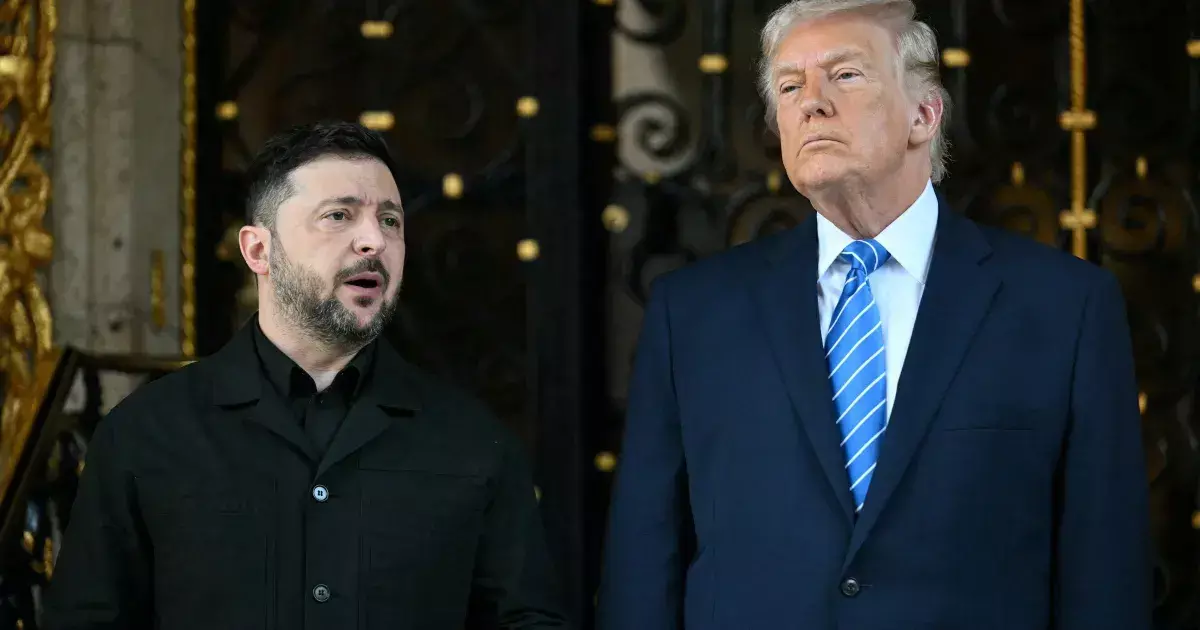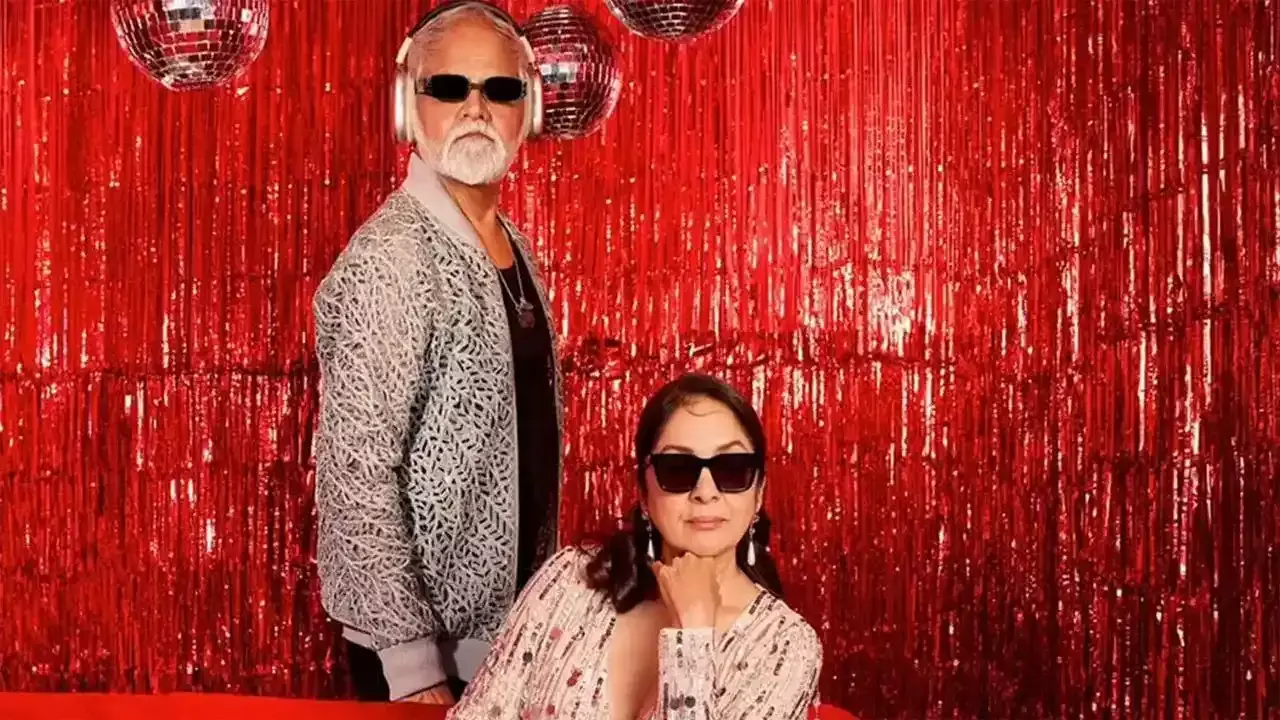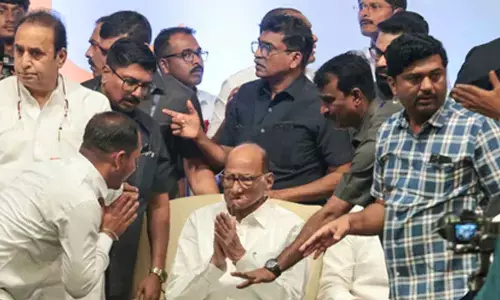The ameliorators of political opinion
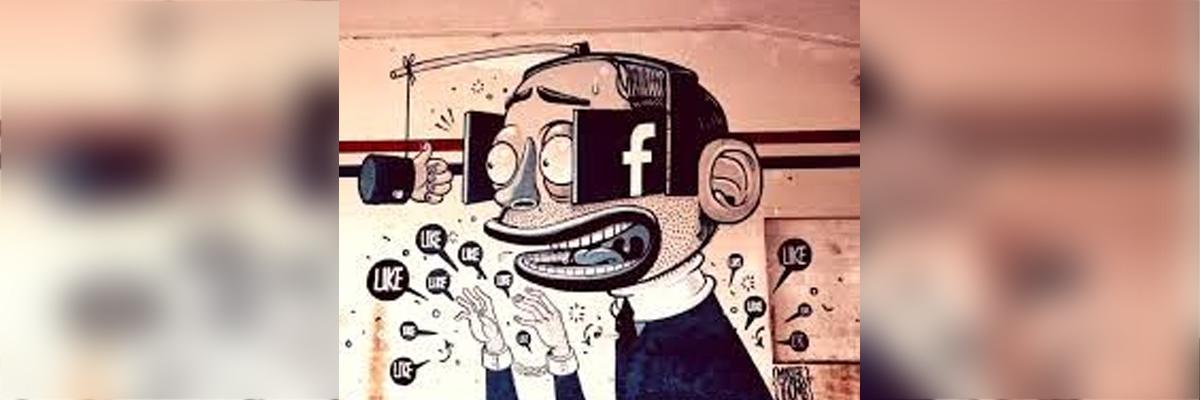
In the extant media enriched world, people get information from many sources At large, people do not seek information from only one source or medium The individuals have access to an array of information sources from mainstream media like newspapers, radio and television to a wide range of social media websites
In the extant media enriched world, people get information from many sources. At large, people do not seek information from only one source or medium. The individuals have access to an array of information sources — from mainstream media like newspapers, radio and television to a wide range of social media websites.
The advent of social media has led to the opening out of the enormous volume of accessible political information, which has both merits and demerits. On the one end, it may create a more pluralistic form of public debate. On the flip side, greater access to such massive information may lead to selective exposure to ideologically supportive channels. This may result in an echo chamber effect.
In the social media environment, the echo chamber effect occurs due to a mass of a homogeneous group of people amalgamating and intensifying the tunnel vision. Often, the partakers in social media discussions find their opinions persistently echoed back to them. Such an act reinforces the confidence of contributors. Using the social media platform, one source of information in an extreme echo chamber will make an assertion. This will be repeated by many individuals — the people with the same wave length. The reverberation continues until most people accept that some extreme variation of the information is factual. Often, the repetition takes place in an exaggerated or if not distorted form. In this framework, it is imperative to differentiate the two terms — echo chambers and filter bubbles.
A filter bubble is a state of intellectual isolation — an obvious result of a person’s customised searches. In this process, a website algorithm selectively guesstimates the information a user would like to see. It is purely based on the personal profile information of the user as well as that individual’s past search history. In this process, users become disconnected from information that strikes down with their frame of reference. Thus, it effectively isolates them in their own traditional or philosophical bubbles. One important point about the filter bubbles is — the choices made by these algorithms are not transparent.
Both these concepts — echo chambers and filter bubbles — relate to the ways the masses are exposed to content devoid of jarring opinions. Even though colloquially these terms might be used interchangeably, there is a fundamental difference between these two concepts. While filter bubbles are a result of personalised algorithms, echo chamber refers to the general phenomenon by which individuals are exposed only to information from concurring individuals.
There is no doubt that the social media echo chambers and filter bubbles turn out to be the effective ameliorators of political opinion. If we deeply analyse the contemporary worldwide politics, without a second thought, everyone would agree that there has been a strong social media influence on it.
For example, the recent assembly elections held in Telangana has triggered a stream of discourse about the echo chamber and filter bubbles in social media. Above all, the voters of Telangana state were more likely to fascinate information about topics such as welfare schemes being offered to various sects of people, and 24-hour uninterrupted power supply that aligned with their pre-existing beliefs — the Netizens were more likely to receive information that they already agreed with.
Twitter and Facebook were more likely to suggest posts that are compatible with the individual’s standpoints. Therefore there was mainly repetition of already unwavering views instead of a diversity of opinions. Of the many reasons that resulted in the victory of TRS Party in Telangana, undeniably, the social media echo chambers and filter bubbles have also played a significant role.
Selective exposure, in mass media terminology, refers to the systematic bias in audience structure. Such preferences are referred to as congeniality bias. In the case of congenial political information, it is called partisan selective exposure. There has been an argument from the media fraternity that diversity of opinion is necessary for true democracy as it streamlines information. They are of the opinion that echo chambers and filter bubbles, like those occurring in social media, inhibited this.
People who have more than one source of political information are far more likely to act to avoid echo chambers and filter bubbles for the reason that they encounter different perspectives. Consequently, they verify information and occasionally change their opinion. The new media technologies such as social media let us blow up with like-minded people, without a need to blend, share and understand other points of view. Nonetheless, it has turned out to be more of a problem than we would have expected.
(Dr Suman Kumar Kasturi - An Air Veteran & a mass communicator & an author of more than 10 mass media books)









